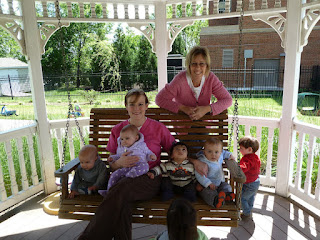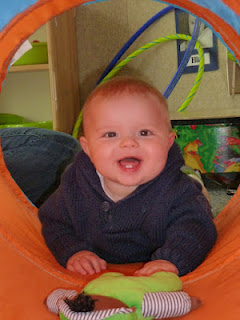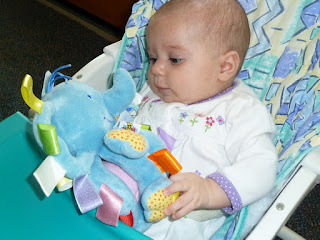Relationships are my backbone. As humans, we are not created to be
alone. God created Adam and then decided
that man should not be alone, so he created a partner: Eve. Relationships give us support and
stability. They also give us a system of
checks and balances, guiding us through life decisions and tough times.
My God
I am a Christian. I
believe that God sent his son to die for me so that I could have eternal life
and live with him in heaven. My
relationship with my God gives me strength and guidance to make wise decisions
and is always with me, even when no one else is there. He gives me love, joy, peace, patience,
kindness, goodness, faithfulness, gentleness, and self-control. Without him, I’d be a hot mess of emotions
and impulsiveness.
My Husband – James
We have been married for almost 4 years now, and known each
other for 7 ½. He is my brains! He provides logic and reasoning to this woman’s
emotional way of thinking. He supports
me through all my decisions and keeps me in check. He loves me unconditionally. He has an incredible work ethic and is very
smart. He knows everything about
everything, and can do everything from re-do a kitchen (which I helped with!)
to write an emergency plan for an entire county. His colleagues view him as an invaluable
member of their team and he constantly receives praise for his high quality
work.
My Parents - Mom and Dad
My parents instilled a lot of things in me. They taught me to be a woman of integrity and
to love unconditionally. They were my
support system before anyone else. From
my Father, I gained leadership skills.
He has always been a strong leader and set a Godly example for my
brother and me. He has shown me that
being a leader means you are fair, consistent, and merciful when appropriate. From my Mother I gained a nurturing heart; this
one of my greatest assets at work (and will be one day when I have children of
my own!). I love the children I work
with every day. One cannot work with
babies and not have a nurturing spirit.
My Brother and his family - Rick, Ashley and Micah
We were never best friends because 1) he is a guy and 2)
because we are five years apart. On the
other hand, we have a very good relationship.
He (like my Father) showed me what a man of integrity was. He (somehow) married someone WAY out of his
league and gave me hope of finding a wonderful Christian spouse too! (Ironically enough, I ended up marrying someone
exactly my brother’s age!) He now has an
amazing little boy who I can’t help but talk about (and I have just about every
other blog entry). For those of you who
are new to my blog, Micah is 2 ½, adopted, and precious! He (unfortunately) is just as dorky as his
Dad J
BUT is just as cute as his Mom. It has
been fun to watch the family evolve from a distance and watch my brother become
a husband and father.
My Co-Teacher - Cindy
My mentor. Cindy
Larsen has been one of the greatest things that has happened to me in the past
two years. Together, we teach 8 babies
every day. She has guided me through
lesson plans, provocations, and learning stories. She is twice my age, so you wouldn’t think we
have much in common, but we really do.
We work seamlessly together because of our like-mindedness. I am SO blessed to have the best co-teacher
on the face of the planet. She makes me
a better teacher.
My Babies
My babies are my FAVORITE part of my job! Since I have started I have had the pleasure
of nurturing more than 30 lives in my classroom. They smile at me, hug me, and laugh with
me. Along with these wonderful kids that
grow up WAY too fast, are their parents.
We have such great relationships with the parents that come through our
classroom. I have come to learn that
infant parents are SO VERY different from preschool parents. Our parents see the love and trust that their
children have for us and because of that, they love and trust us as well. They
complain less that preschool parents and just generally seem to be in less of a
hurry. Most of the parents that come
through our room are first time parents and have MANY questions. I take pride in being able to answer
questions and guide these parents through a scary (but rewarding) time of
life.


















